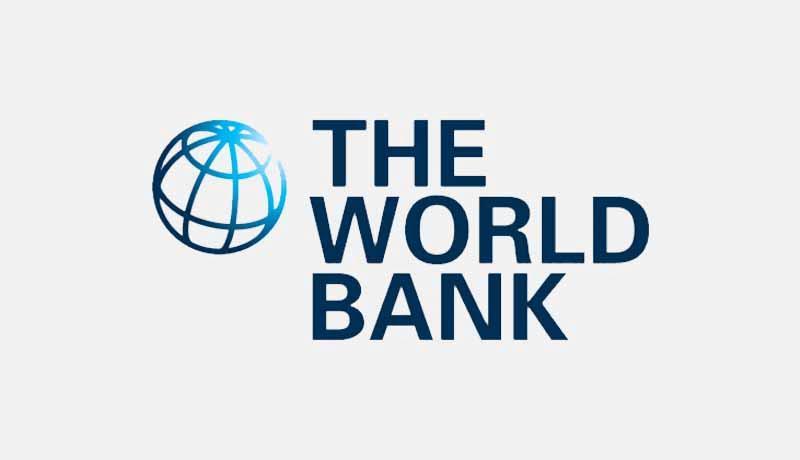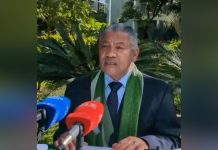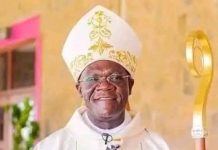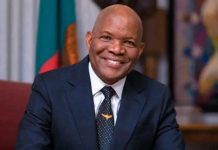Africa-Press – Zambia. World Bank, recognizing the pivotal role of energy in Zambia’s development trajectory, has taken decisive steps to bolster the nation’s energy sector. With a commitment to fostering sustainability, the World Bank has earmarked a significant $100 million grant. This funding injection is specifically designed to enhance the operational efficiency and financial stability of Zambia’s national power utility, ZESCO.
In a bid to bolster Zambia’s energy sector and pave the way for a sustainable future, the World Bank has allocated a $100 million grant to enhance the operational efficiency and financial stability of the country’s national power utility, ZESCO.
This grant is part of the larger National Energy Advancement and Transformation Program (NEAT), a comprehensive initiative aimed at transforming Zambia’s electricity landscape by 2033. With an overall budget of $700 million, NEAT is poised to revolutionize Zambia’s energy infrastructure, ensuring financial sustainability, reliability, and resilience in the face of climate change challenges.
Achim Fock, the World Bank Country Manager for Zambia, emphasized the significance of this grant in addressing Zambia’s immediate energy needs while laying the groundwork for long-term growth. “This International Development Association grant represents an important step towards supporting Zambia to secure a sustainable and resilient energy future for its people,” Fock stated.
The first phase of the NEAT program, spanning from 2024 to 2026, will focus on enhancing ZESCO’s financial performance and operational reliability. Additionally, it will bolster electrification financing mechanisms through support for the Rural Electrification Authority (REA). Notably, the program will streamline Zambia’s procurement process for non-hydropower renewable energy projects, aligning with the country’s commitment to diversify its energy sources.
Yadviga Semikolenova, World Bank Practice Manager for Energy in Eastern and Southern Africa, underscored the importance of increasing renewable energy capacity to enhance climate resilience. “The deliberate focus on increasing renewable energy capacity by a substantial 1,458 megawatts demonstrates the World Bank’s commitment to supporting Zambia to diversify its energy sources and enhance climate resilience,” Semikolenova stated.
The NEAT program not only supports Zambia’s energy policies outlined in the 8th National Development Plan (8NDP), Vision 2030, and National Energy Policy (NEP) but also aligns with the World Bank’s broader mission of eradicating poverty and promoting sustainable development.
With the infusion of this grant, Zambia is poised to embark on a transformative journey towards a more reliable, sustainable, and resilient energy future, ensuring access to affordable and clean energy for all its citizens.
Early this month President Hakainde Hichilema officially declared the prolonged dry spells in Zambia as a National Disaster and Emergency, citing the devastating impact of the El Niño weather phenomenon on the country’s agriculture, water availability, and energy supply.
The declaration, made in accordance with the disaster management act, underscored the severity of the situation, with millions of Zambians at risk of food insecurity and livelihood disruption. President Hichilema has outlined short-term measures including humanitarian relief efforts, importing food and electricity, and promoting alternative energy sources, alongside long-term strategies focusing on water harvesting and irrigation development to stimulate agricultural production. President Hichilema indicated that the government would realign the 2024 national budget to achieve the targeted measures.
Meanwhile Zambia’s power utility, ZESCO, is navigating negotiations with Mozambique to secure an additional 120 Mega Watts of power in response to the nation’s electricity deficit. Energy Minister Peter Kapala revealed this initiative during a parliamentary session addressing Zambia’s energy challenges.
ZESCO plans to withdraw 120 Mega Watts from the export market, aligning with existing bilateral contracts, to bolster domestic supply amidst the crisis. Additionally, ongoing negotiations between ZESCO and Ndola Energy Company Limited aim to resume operations at a 105 Mega Watt power plant by April 2024.
The government emphasized strategic institutions’ uninterrupted operation during load shedding, prioritizing entities like health facilities, water utilities, and industries. While ZESCO initiates load shedding to mitigate reservoir depletion, it anticipates monthly revenue losses of approximately $35 million. Long-term strategies outlined include renewable energy expansion projects and the completion of the Integrated Resource Plan (IRP) to sustainably address Zambia’s energy needs.
ZESCO commenced 8-hour daily load shedding on Monday, March 11, 2024. The decision followed a meticulous assessment of water levels in the Kafue and Zambezi basins.
For More News And Analysis About Zambia Follow Africa-Press







